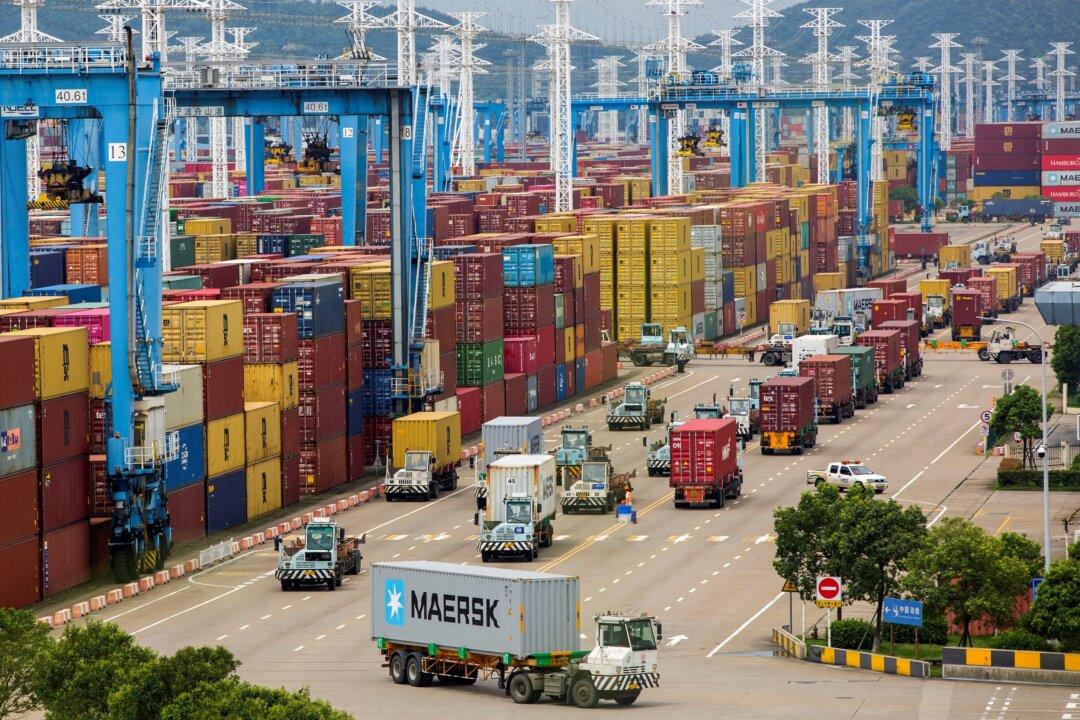BEIJING—Makers of Irish whiskey, Belgian chocolate, and European coffee brands are scrambling to comply with the Chinese regime’s new food and beverage regulations, with many fearful their goods will be unable to enter the giant market as a Jan. 1 deadline looms.
The regime’s customs authority published new food safety rules in April stipulating that all food manufacturing, processing, and storage facilities abroad need to be registered by year-end for their goods to access the Chinese market.





